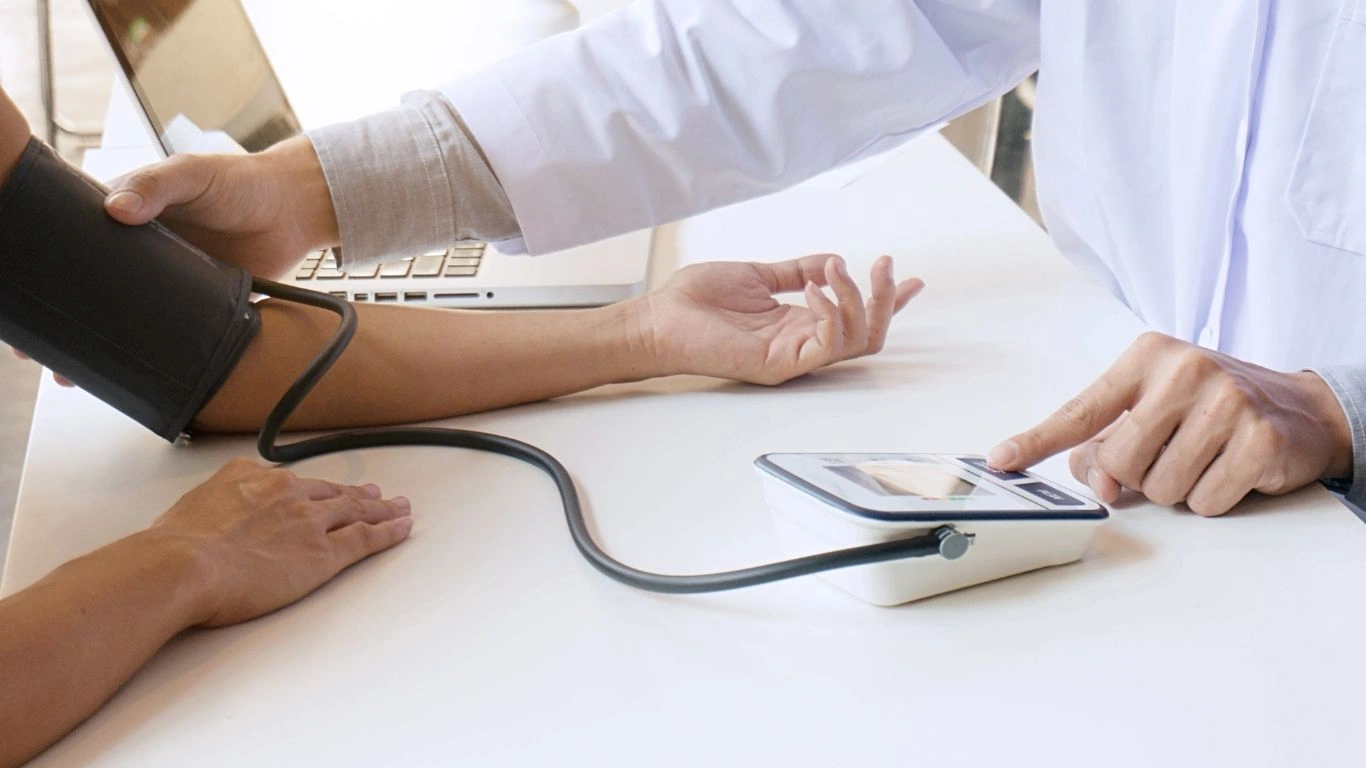Best Vitamins for Hypertension Patients That Actually Help
High blood pressure, or hypertension, affects millions of people around the world. It can increase your risk for heart disease, stroke, and kidney problems if left untreated. While medications and lifestyle changes are the first lines of defense, many people also wonder if certain vitamins might help manage their blood pressure naturally. In this article, we’ll look at the best vitamins for hypertension patients, how they work, and when it’s time to talk to your doctor.
Understanding Hypertension and Your Body
Hypertension happens when the force of blood pushing against the walls of your arteries stays too high for too long. Your arteries carry blood from your heart to the rest of your body. When the pressure inside them is too high, it puts extra strain on your heart and blood vessels.
Over time, high blood pressure can damage your arteries, making them less flexible. This can lead to heart disease and other serious problems. That’s why managing your blood pressure is so important — even if you feel fine.
Blood pressure is measured in two numbers: systolic (the top number) and diastolic (the bottom number). Normal is typically around 120/80 mmHg. Anything consistently above 130/80 mmHg is considered high.
Some vitamins may help lower blood pressure or support overall heart health. But they should never replace your prescribed treatments.
How Vitamins Work to Support Blood Pressure
Certain vitamins and nutrients play a role in how your blood vessels relax, how your body handles sodium, and how your heart pumps blood. Some also help reduce inflammation or oxidative stress, which can damage blood vessels over time.
Taking the right vitamins may support your body’s natural systems that keep blood pressure in check. But remember, supplements are just that — an added boost, not a cure.
Here are some of the top vitamins and nutrients that researchers have found helpful for people with high blood pressure.
Best Vitamins for Hypertension Patients
- Vitamin D: This vitamin helps regulate the renin-angiotensin system, which affects blood pressure. Low levels of vitamin D have been linked to higher risk of hypertension. You can get it from sunlight, fatty fish, fortified foods, or supplements.
- Magnesium: Magnesium helps blood vessels relax. It also plays a role in how your body manages potassium and calcium, which are important for heart function. Leafy greens, nuts, seeds, and whole grains are good sources.
- Potassium: This mineral helps balance the effects of sodium in your body. Too much sodium raises blood pressure, but potassium can help counter that. Bananas, sweet potatoes, spinach, and avocados are rich in potassium.
- Coenzyme Q10 (CoQ10): CoQ10 is an antioxidant that helps your cells produce energy. Some studies show it may help lower blood pressure by improving blood vessel function. It’s found in meat, fish, and whole grains, but many people take it as a supplement.
- Omega-3 fatty acids: Found in fish oil, these healthy fats can help reduce inflammation and may lower blood pressure slightly. They also support heart and brain health. Fatty fish like salmon and mackerel are top sources.
- Folic Acid (Vitamin B9): This B vitamin helps your body make new cells and may reduce levels of homocysteine, an amino acid linked to heart disease. Leafy greens, beans, and citrus fruits are good sources.
- Vitamin C: This antioxidant helps reduce oxidative stress in your arteries, which can improve blood flow. Citrus fruits, strawberries, and bell peppers are all rich in vitamin C.
Each of these nutrients has a slightly different effect, but together they may support healthy blood pressure and reduce your risk of complications.
If you’re considering taking supplements, talk to your doctor first. Some vitamins can interact with medications or may not be safe in high doses.
Other Possible Causes of High Blood Pressure
Even with the right nutrition, many factors can contribute to high blood pressure. These include:
- Too much salt in your diet
- Being overweight or obese
- Not getting enough exercise
- Drinking too much alcohol
- Smoking
- Chronic stress
- Genetics or family history of hypertension
- Medical conditions like kidney disease or diabetes
Knowing the causes helps you take steps to manage your blood pressure better — including changes to diet, activity, and stress levels.
When to Seek Help
If your blood pressure stays above 130/80 mmHg even after making healthy changes, it’s time to see a healthcare provider. They can help you understand what’s causing the problem and suggest treatment options, which may include medication or further testing.
You should also get medical attention if you notice symptoms like:
- Severe headaches
- Chest pain
- Shortness of breath
- Blurred vision
- Dizziness or confusion
These could be signs of a hypertensive crisis or other serious conditions. Don’t wait — call your doctor right away.
Adding vitamins to your routine might help support your blood pressure, but it’s just one part of the puzzle. A healthy diet, regular exercise, managing stress, and taking medications as prescribed are all key steps in staying well.
Before starting any new supplement, check with your doctor or a registered dietitian. They can guide you based on your personal health, test results, and any medications you’re taking.
Your heart health matters — and small changes can make a big difference. You don’t have to do everything at once. Start with one step, and keep going from there.

Dr. Gwenna Aazee is a board-certified Internal Medicine Physician with a special focus on hypertension management, chronic disease prevention, and patient education. With years of experience in both clinical practice and medical writing, she’s passionate about turning evidence-based medicine into accessible, actionable advice. Through her work at Healthusias.com, Dr. Aazee empowers readers to take charge of their health with confidence and clarity. Off the clock, she enjoys deep dives into nutrition research, long walks with her rescue pup, and simplifying medical jargon one article at a time.







